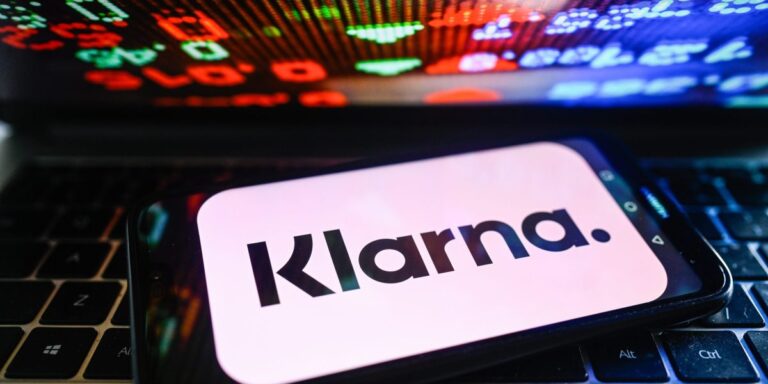[adrotate group="2"]
As the popularity of cryptocurrencies continues to rise among diverse groups of individuals, it’s crucial for businesses to begin accepting these digital currencies. With an increasing number of people holding crypto, it becomes financially advantageous for companies and retailers to embrace crypto payments.
Cryptocurrency payment gateways enable various businesses and organizations to accept payments in crypto rather than traditional fiat currency. This approach provides consumers with multiple payment options, encouraging them to utilize their crypto assets.
The rapid growth in the number of crypto users year after year, along with the emergence of new cryptocurrencies, highlights the importance for mainstream service providers to keep pace with changes in the financial landscape. Ultimately, the key focus after attracting customers lies in ensuring secure financial transactions that consistently facilitate smooth business operations—something that crypto payments can support effectively.
This article has been edited by our Managing Editor, Angel Marinov, who has spent the last three years involved in the business development of various crypto payment solutions, such as crypto payment gateways and crypto banking systems. During this time, Angel recognized a significant gap in understanding what a crypto payment gateway is and why businesses should consider one, prompting us to share our insights on the subject.
How Does a Cryptocurrency Payment Gateway Work?
Here’s a brief overview of how a cryptocurrency payment gateway operates:
- At checkout, the customer selects the option to pay with crypto.
- The payment system calculates the amount of crypto required based on the current market value of the chosen digital currency.
- The gateway converts the crypto assets into the merchant’s preferred currency or directly transfers the crypto to the merchant’s account.
- All funds are securely stored in the merchant’s wallet, which can be accessed and managed according to the owner’s preferences.
This succinct explanation leads to the conclusion that the crypto payment gateway handles all financial transactions. As a merchant, there is no need for in-depth crypto knowledge; your primary task is to partner with a trustworthy service provider that maintains transparency in financial dealings. Various gateway types exist, including crypto-to-fiat gateways, fiat-to-crypto gateways, and those capable of processing fiat-crypto-fiat transactions, like the X1 payment gateway.
Always stay informed about the regulatory environment related to crypto in your country before committing to business relationships with a payment gateway!
Check out this informative YouTube video that explains how crypto payment gateways function:
How Can I Accept Cryptocurrency Payments?
If you’re interested in accepting crypto directly, you can set up your own crypto wallet. However, if you lack experience or knowledge in the crypto space, utilizing a crypto payment gateway is ideal. This payment processor acts as a mediator, handling all aspects of digital currency payments while allowing you to specify the fiat currency to which the received crypto will be converted.
Some of the most prominent crypto payment gateways include Coinbase, BitPay, NOWPayments, and AlfaCoins. Each of these platforms supports various cryptocurrencies and offers different tools for managing payouts and assets effectively. Several providers also offer crypto Point of Sale terminals, enabling seamless crypto payments in physical retail locations.
Read more about Crypto Point of Sale terminals.
Pros and Cons of Crypto Payment Gateways
Having multiple payment options is essential for the success of any business. Offering customers choices demonstrates that you are a progressive merchant eager to enhance your services. However, some salespeople remain skeptical about cryptocurrency payments or have not researched how straightforward it can be to integrate crypto payment gateways into their business models.
A thorough understanding of the advantages and disadvantages of adopting such payment processors is important. Fortunately, we’ve compiled a list of the benefits and drawbacks associated with digital currency payments and the gateways that facilitate them.
Advantages of Crypto Payment Gateways
- The crypto payment gateway serves as the sole intermediary in the transaction process, simplifying the experience for both customers and merchants, who can rely on the service provider for support.
- Crypto transactions tend to have lower fees compared to traditional fiat transactions.
- The payment process is typically much faster.
- The gateway enables merchants to accept payments from customers worldwide.
- Customers can choose from a variety of different cryptocurrencies for their payments.
- Technical issues are the responsibility of the gateway provider, relieving the merchant of these concerns.
Discover more about the advantages of accepting cryptocurrency payments for your business.
Disadvantages of Crypto Payment Gateways
- Finding a secure and trustworthy crypto gateway provider can be challenging due to the plethora of options available in the market.
- There’s a possibility that many of your customers may not utilize the alternative payment methods you provide, making it crucial to understand your target audience before introducing new options.
- Cryptocurrency is still regarded as a high-risk asset, and its market volatility can be a deterrent for many potential users.
Conclusion
While many view crypto as the next major innovation in financial transactions, numerous uncertainties still surround these digital currencies. It would be misleading to assume that just because some individuals have achieved substantial wealth through crypto, everyone will have the same experience. Recognizing the benefits of cryptocurrencies for underprivileged communities and acknowledging the security advantages of blockchain technology is not enough to earn widespread trust.
Nonetheless, an increasing number of globally significant institutions are acknowledging both the advantages and pitfalls of crypto, resulting in enhanced regulatory measures and greater awareness surrounding crypto investments.
If you feel unsure about navigating this landscape and want to learn how to select the ideal crypto payment gateway for your business, be sure to check out our guide.
Related articles:
Why Payment Processors Avoid High-Risk Industries?
How to Create a Crypto Payment Gateway?
What Is a White Label Crypto Payment Gateway?





